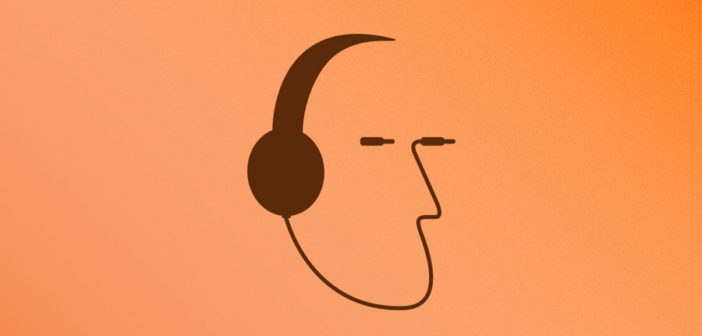Direct-to-consumer brands are flocking to podcasts because of their ability to use promo codes to track sales, but these brands still have trouble measuring the medium’s business impact.
Parachute has sponsored more than 50 podcasts in the past two years and, as a result, is getting a lot of attention from podcast agencies, said Luke Droulez, CMO at the bedding and bath company, speaking at the Interactive Advertising Bureau’s first DTC brand summit, held this week in New York. “I was approached by 20 agencies today,” he said.
It’s still hard for Parachute to judge how well podcasts perform, though, Droulez said. Parachute once relied on promo codes to trace how many people heard the company’s ads on a podcast and then went to the site and used the code. About every month or so, people would hear a Parachute promo code on a podcast and leak it to a site like RetailMeNot. The metric became unusable because customers were leaving their online shopping carts, looking up the promo codes online and using the codes for their online purchases, whether they listened to the podcast or not. Parachute stopped using promo codes in podcasts and switched to vanity URLs to track who lands on their site after listening to a podcast, but they don’t provide a complete outlook.
Dan Granger, CEO and founder of Oxford Road, a media agency that sells podcast spots to DTC brands like Boll and Branch, Rent The Runway and Everlane, said most DTC brands use promo codes along with vanity URLs to measure effectiveness, then survey customers about where they heard about them, with podcasts being one option. Granger said that he has seen some DTC brands experience promo codes leaks but not to the extent that it would make sponsoring podcasts not worth brands’ spend.
Podcasting revenue is projected to more than double in size to $659 million by 2020, according to an IAB/PwC study.
Most DTC brands are sponsoring podcasts. A few like Blue Apron and Dollar Shave Club have launched their own podcasts in the past year, but most DTC brands don’t have enough brand recognition to do so.
DTC brands pay for podcast ads on a CPM basis, but some would rather exclusively sponsor podcasts and pay by time, which might be more expensive but a better deal over a long period, said Bryan Goldmark, digital sales manager at Westwood One, which buys sponsorships for DTC brands like Quip.
–
This article first appeared in www.digiday.com
Seeking to build and grow your brand using the force of consumer insight, strategic foresight, creative disruption and technology prowess? Talk to us at +9714 3867728 or mail: info@groupisd.com or visit www.groupisd.com


